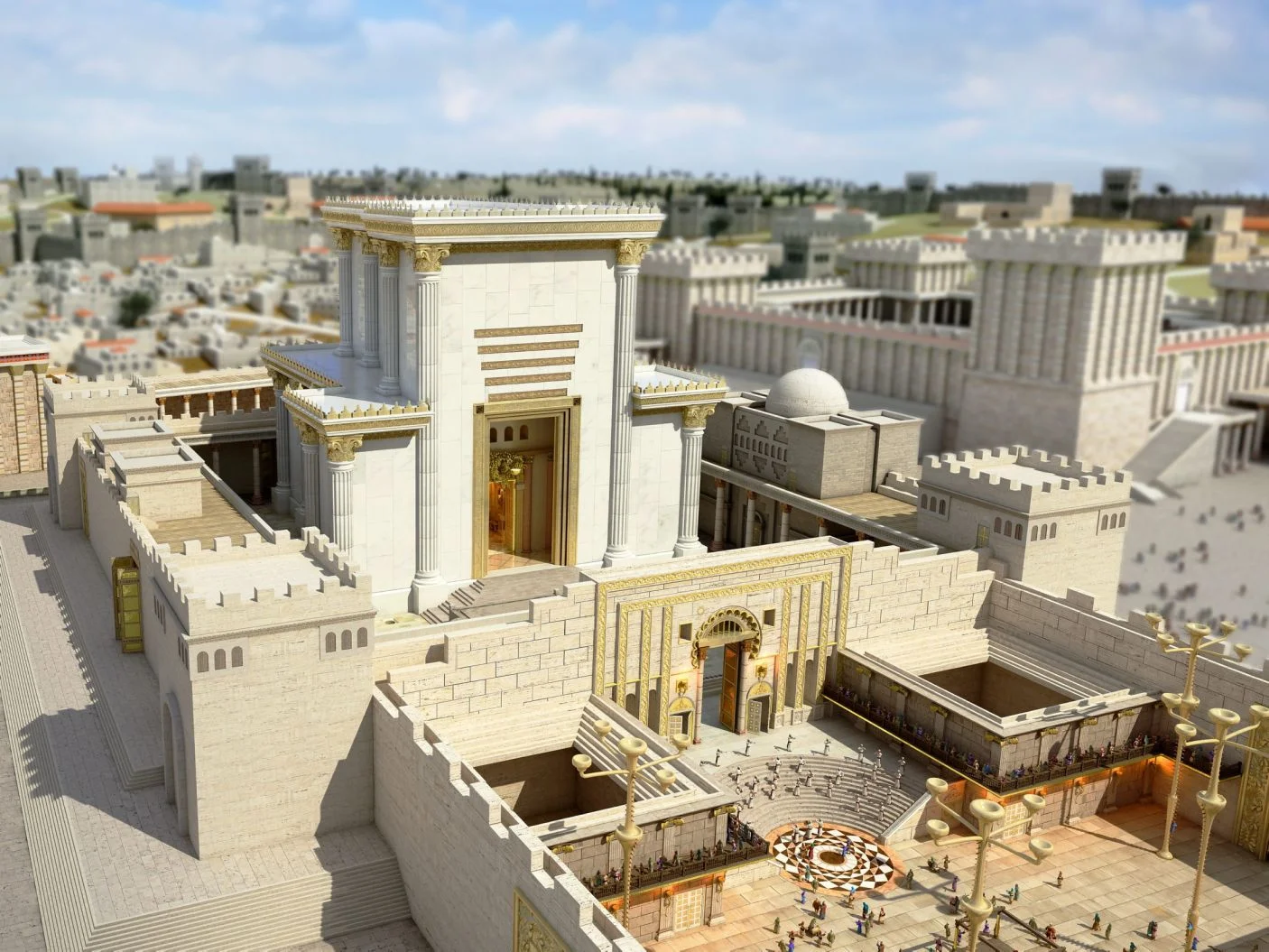Isaiah’s prophetic word to Israel contains four Servant Songs. You are probably familiar with the fourth of these, which you may well have read during Holy Week as we considered Christ’s sacrifice for us. As Christians we hold onto the incongruent truths that Christ was exalted and despised. But we sometimes miss the seemingly paradox that the Servant Songs refer to Jesus and us. What is true of Christ is true of us.
The Untrustworthiness of Me
My car glided down our suburban streets when I noted the silver Civic maneuver a hurried U-turn a hundred yards or so in front of me. “That’s quite an aggressive driver,” I thought to myself. I watched as the driver floored their Civic and closely tailed the SUV in front of them in the right lane. “Oh wow,” I thought. That young man is in a hurry or is angry. The Civic kept tailing the SUV even though the left lane was empty. “This must be personal,” I thought.
As we came up to the stop light, I was cautious.
The Pillaging of Hezekiah
The aged prophet Isaiah showed up at the bedside of the middle-aged king. Hezekiah was only about 39 years old and terminally ill. But the prophet was not bringing good news, “Set your house in order, for you shall die, you shall not recover” (Is. 38:1).
The weak king cried out to God, “’ Please, O LORD, remember how I have walked before you in faithfulness and with a whole heart, and have done what is good in your sight’. And Hezekiah wept bitterly.” (Is. 38:3).
The Crucifixion of Jesus: the Account of Eyewitnesses
On this Tuesday of Holy Week, we consider the crucifixion of Jesus of Nazareth. What follows is a compilation of the eyewitness crucifixion accounts of Jesus Christ as told by the four authors of the gospels. They have been edited together to maintain the flow of the narrative (a big thank you to Sammie Wolstenholme on helping with this project). The accounts are framed by the words of the 8th century BC prophet, Isaiah. On Sunday I will share the resurrection account of Jesus from the eyewitnesses.
The Promised Despised One
Who has believed what he has heard from us?
And to whom has the arm of the Lord been revealed?
For he grew up before him like a young plant,
and like a root out of dry ground;
he had no form or majesty that we should look at him,
and no beauty that we should desire him.
He was despised and rejected by men,
a man of sorrows and acquainted with grief;
and as one from whom men hide their faces
he was despised, and we esteemed him not.
Nonviolence and the Christian: Jesus' Ministry
Violence was contrary to everything Jesus stood for. In fact, Jesus absorbed the violence of human beings to bring about peace.
The conclusion was from our first post was surprising: that God in the Old Testament was not a God who endorsed violence. The conclusion of this post is equally unsurprising: Jesus strongly opposed violence. But what may be surprising is how that very position by Jesus was a stumbling block for his contemporaries to see him as Messiah.
Jesus wasn’t the only one who claimed to be Messiah who walked ancient Palestinian soil. Two of those who arrived on the scene after Herod the Great died were Simon and Anthronges. Both led independent revolts against the Roman Empire, with the “principle purpose… to kill Romans” and reclaim the throne by force. The Roman Empire crushed both revolts and executed both men who claimed to be Messiah. The Zealots waited with bated breath for a Messiah who would overthrow Roman rule by force and reclaim the Promised Land with the new Davidic king on the throne.
And then on the scene arrived a Jewish peasant, who talked about the arrival of a kingdom, but a kingdom that “is not of this world.” In fact, Jesus explains to Pontius Pilate, that “if my kingdom were of this world, my servants would have been fighting… But my kingdom is not from the world.”[i]
In other words, Jesus’ pacifism was not just a quirk of his ministry, it flipped the very expectations of who the Messiah was supposed to be.
Simeon's Christmas Song
There are those who are constantly at church because they are uncomfortable outside her walls. Then there are those who are a fixture because they are so thirsty for the presence of God. Simeon was the latter. He was a righteous and devout man. And he yearned for the coming of his Savior.
The Holy Spirit had revealed to Simeon that he would not die before he met the Messiah. You could not visit the temple without seeing Simeon and the prophetess, Anna. They spoke with yearning of the coming of the Messiah. When would he come? What would he be like? How would they know it was him? And they prayed. They earnestly prayed for his coming.










